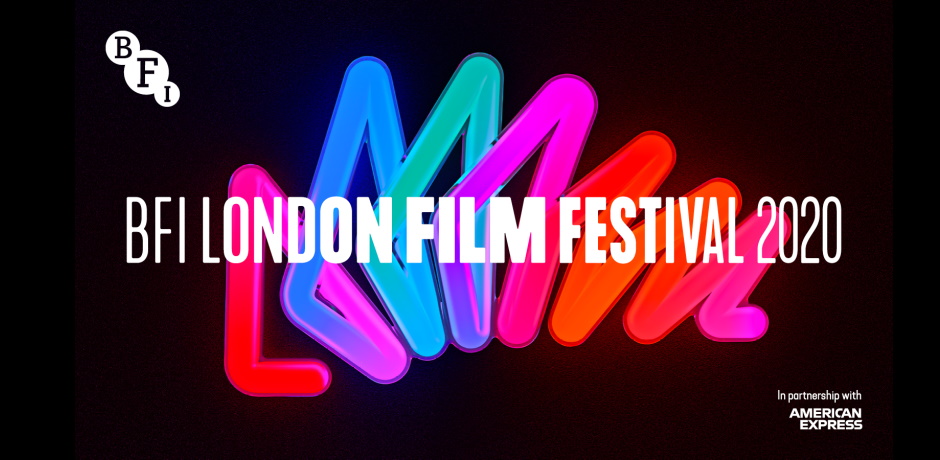
When the latest Bond film was pushed to 2021, many asked is this the end of cinema? If the London Film Festival is to be the answer to the question, then what I heard was a resounding ‘no’. Many of the LLF films deserve wide releases and diverse audiences. Also a quick shout out for the Expanded experience – loved the VR and 360 film experience at BFI Southbank. I hope there’s more of this to come! Here’s a few thoughts on the films I managed to see.
Firstly, the standard of the documentaries were incredible. Eric Kohn and Anne Thompson on Indiewire’s ScreenTalk recently acknowledged the quality of the list of documentaries that are already vying for Oscar recognition in April 2021. Time should be in this group. It would have been an extraordinary piece of filmmaking with just the story Garrett Bradley intended. But assembled together with the family archival footage it is a masterpiece. The impact of incarceration has been explored in various films, but the insight here was truly moving and poetic.
Another documentary that really resonated was Ultraviolence which revealed terrifying statistics and stories around deaths in British police custody. Notturno, which collated fragments of life in the Middle East in lots of still and haunting images. Without a single shot of on screen violence, it is perhaps the most compelling war film I have seen for a long time. The most unique doc was The Reason I Jump. It shares the experience of autism through a uniquely immersive form that I found absolutely captivating. Essential viewing for anyone wanting to learn more about ASD.
Disappointments were few and far between, but New Order would probably feature on this list. The opening act is full of such promise, establishing a stylish aesthetic and compelling characters – but everything is overcome by a messy ideological journey that delivers its critique on upper class power but at the expense of some really problematic and messy representations and moments. On a different day, Siberia might have been a masterpiece, but I was hardly interested – I’ll be thinking twice about taking on another Abel Ferrera film in the future. Cicada had a lot more going for it, exploring trauma and shame in a modern queer love story, but I pushed against the emotional core of the film and struggled to engage on the film’s level. A further interesting film that didn’t quite work for me was Undine. I found the deliberate ambiguity a bit silly, but wouldn’t not recommend it for it’s intrigue and economic storytelling.
The most fun watch was perhaps Honeymood – a contrived story of a newly wed couple coming to terms with various unanswered questions of their relationship. While it didn’t always hit the right tone, a lot of the comedy was a real treat. Never Gonna Snow Again contained a more explicit critique of class structures, taking on the bourgeoisie through the eyes of a home visiting masseur in a gated community in Poland. A neat concept, realised well. For a modern take on the family structure, Kajillionaire was a real treat. A brilliant oddball performance with bold choices from Evan Rachel Wood has kept me thinking about this film days later.
Finally three absolute highlights. David Byrne’s American Utopia, must have been life-changing to see in person, because the filmed version directed by Spike Lee gets pretty close. It’s a call against complacency – a wake up alarm delivered through a remarkable stage concert. The integration of sound and movement is supported by some inventive camera direction from Spike Lee who uses his lens to further amplify the unique experience. Meanwhile Wolfwalkers was an animated visual feast – every frame was a piece of art. It’s insightful on the relationship between children and adults in ways that made me reflect on how poorly this is so often handled. A stunning animated film. And finally, it is early days for One Night in Miami, but it is coming for all the awards. It is slick and stylish, full of unforgettable performances. It is such a relevant film and will resonant strongly with audiences. The film was a springboard for me to research the real lives of the four main characters, therefore I’m looking forward to seeing it again with that new contextual knowledge.
